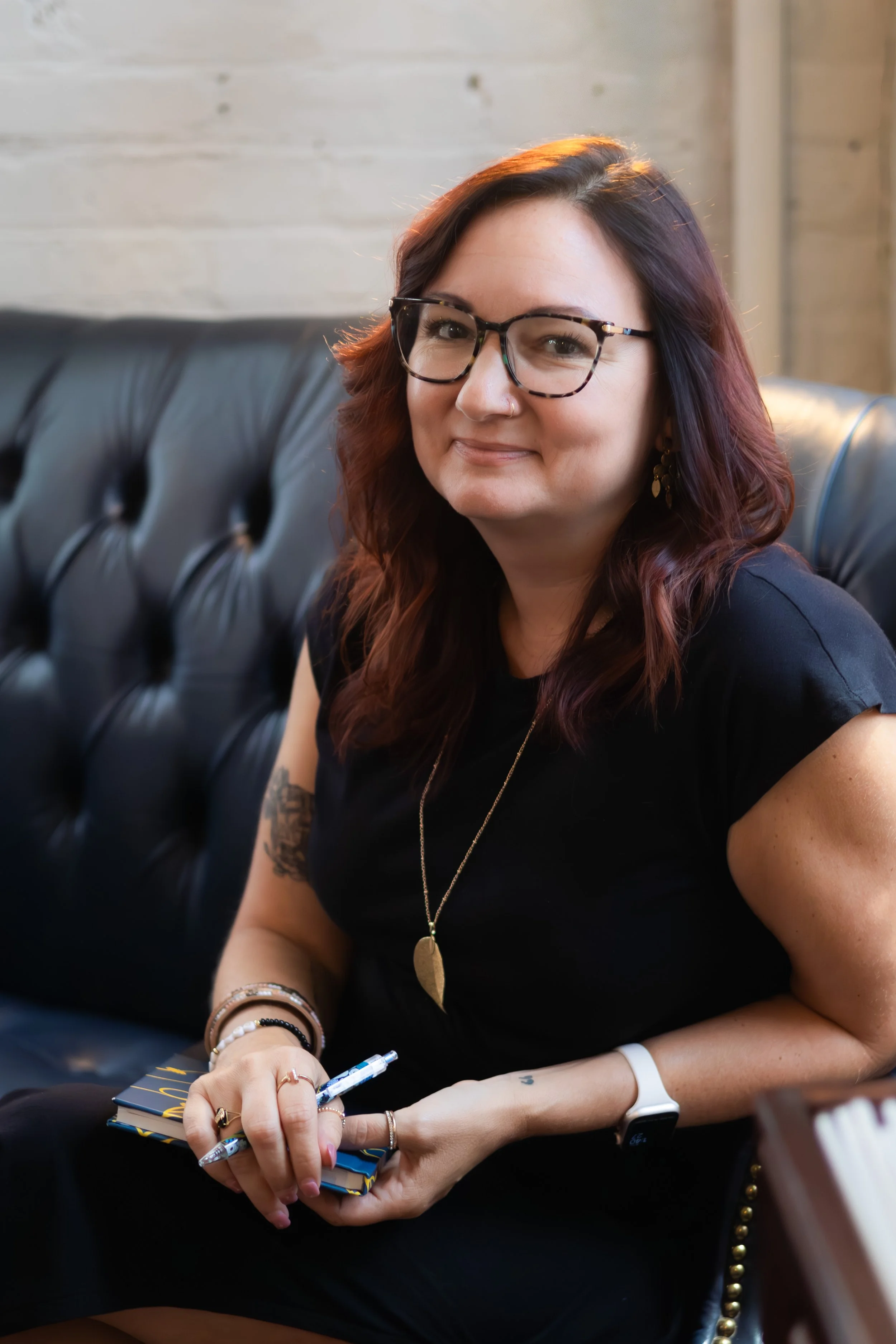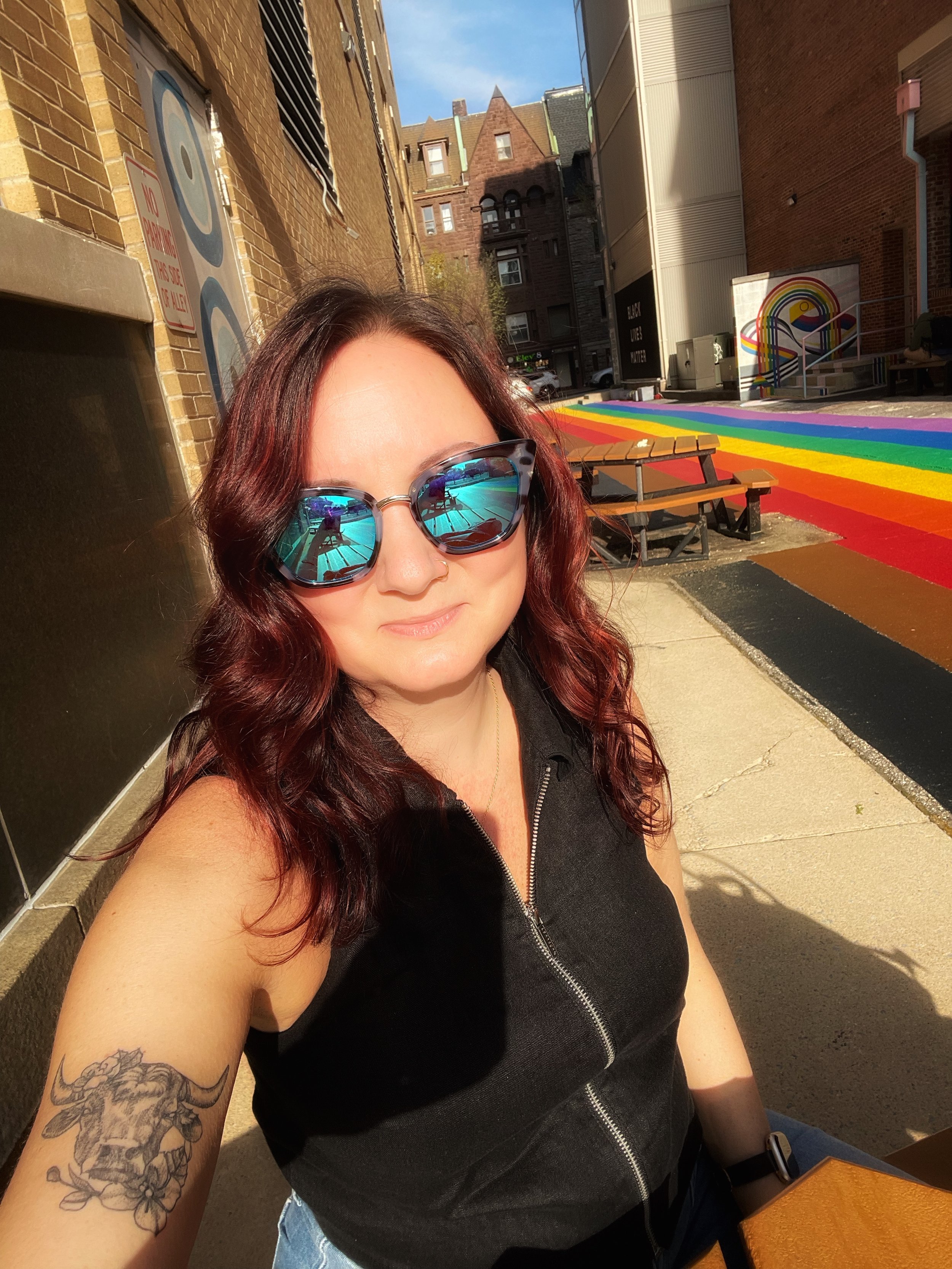ANNIE
MARHEFKA
WRITER &
PUBLISHING PROFESSIONAL
ABOUT ANNIEAnnie Marhefka is a writer in Baltimore, Maryland whose publications have appeared in Literary Mama, Pithead Chapel, Lunch Ticket and more. She is the winner of the 2024 Eunice Williams Nonfiction Prize and her work was featured on The Slowdown Show. She has a BA in creative writing from Washington College and an MBA, and is an MFA candidate at the University of Baltimore. Her debut prose poetry collection, Strangers We Know By Heart, was published by Garden Party Collective in fall 2025. When Annie is not writing, she is usually trying to find her way back to the water.
HIGHLIGHTSAnnie is a 2024-2025 Michael Klein Fellow in Social Justice Writing at the University of Baltimore, and she has received support from the Maryland State Arts Council, Gullkistan Center for the Arts (Iceland), the Martha’s Vineyard Institute for Creative Writing, and iTin House. Her collection, Strangers We Know By Heart, was a winning manuscript in the Garden Party Collective chapbook competition and is now available.
Annie is working on an essay collection that combines her corporate HR experience with her passion for sharing women’s experiences through storytelling. She is also working on a full-length memoir that reflects on the ways we grieve, with a focus on astrophysics and language.
Current Projects








